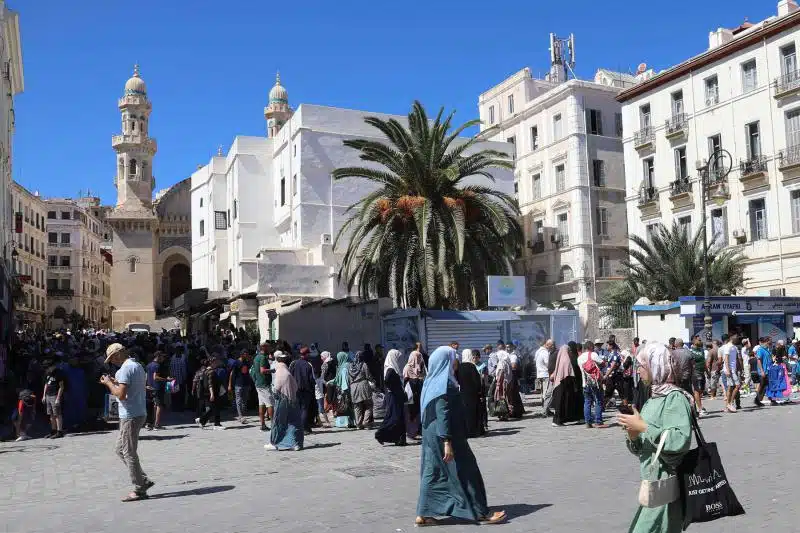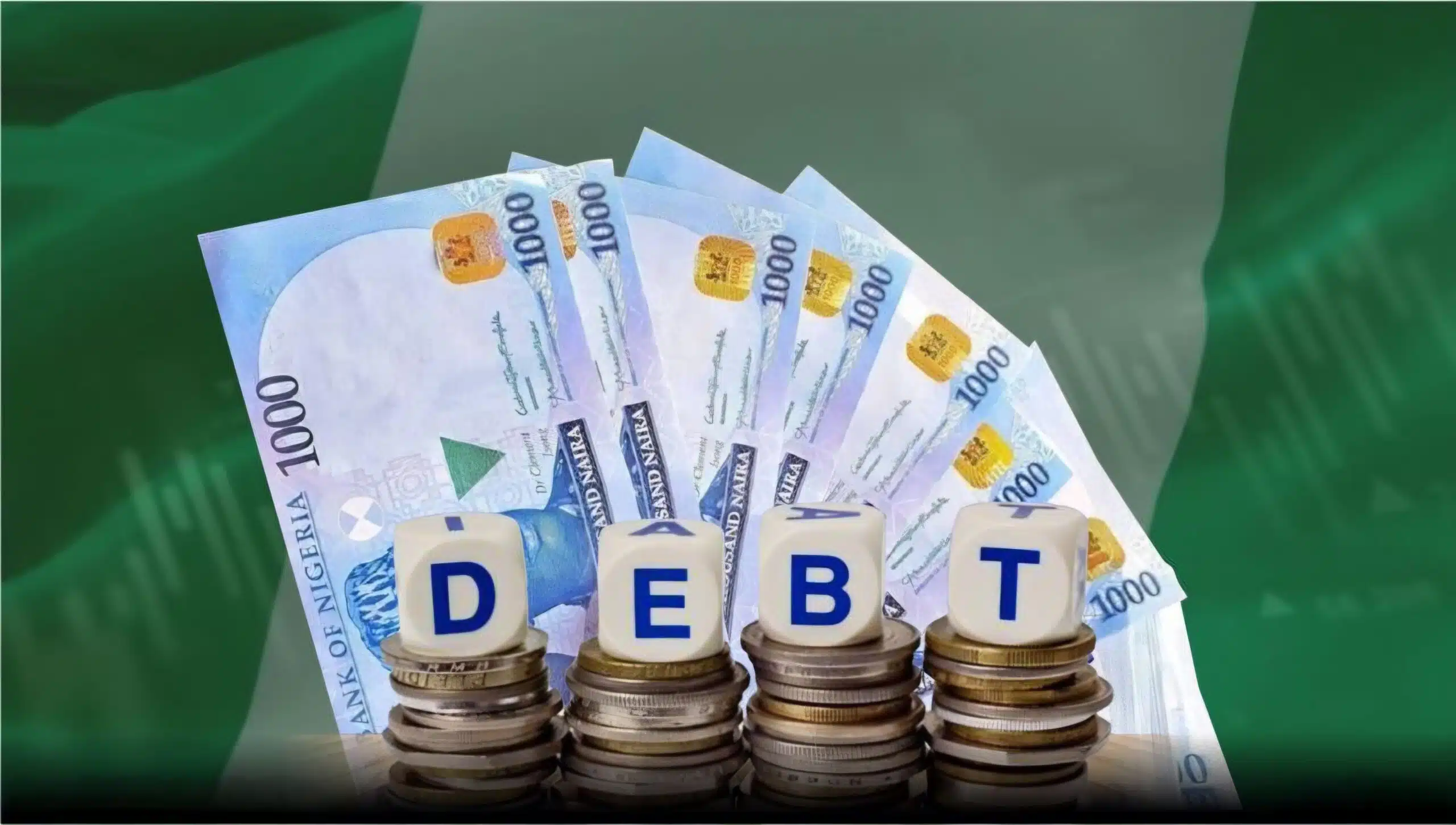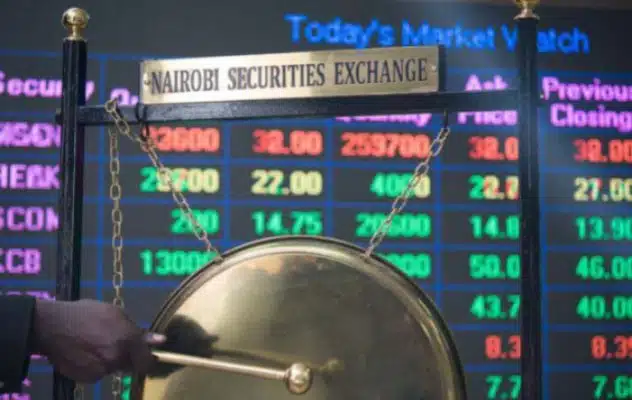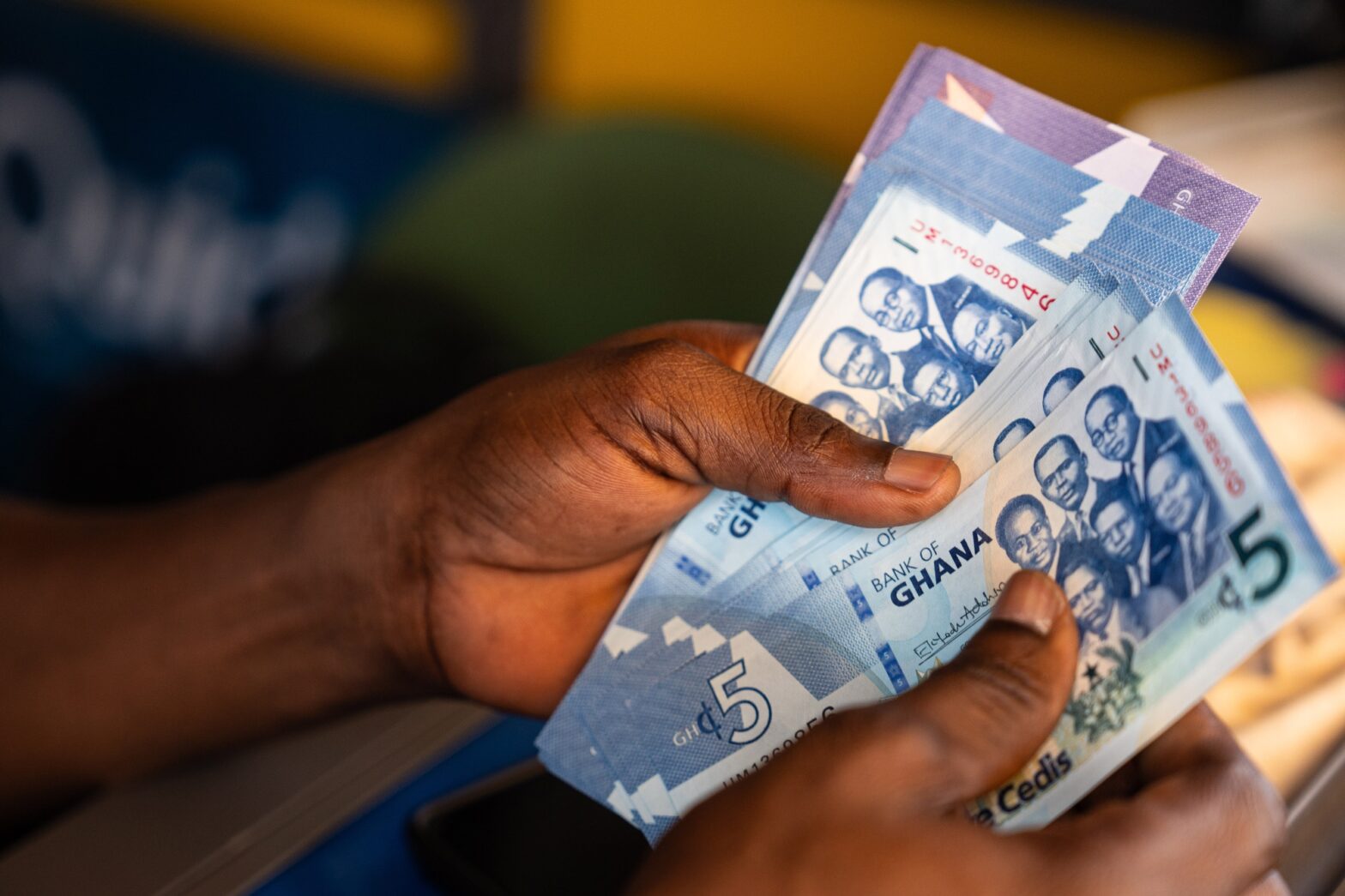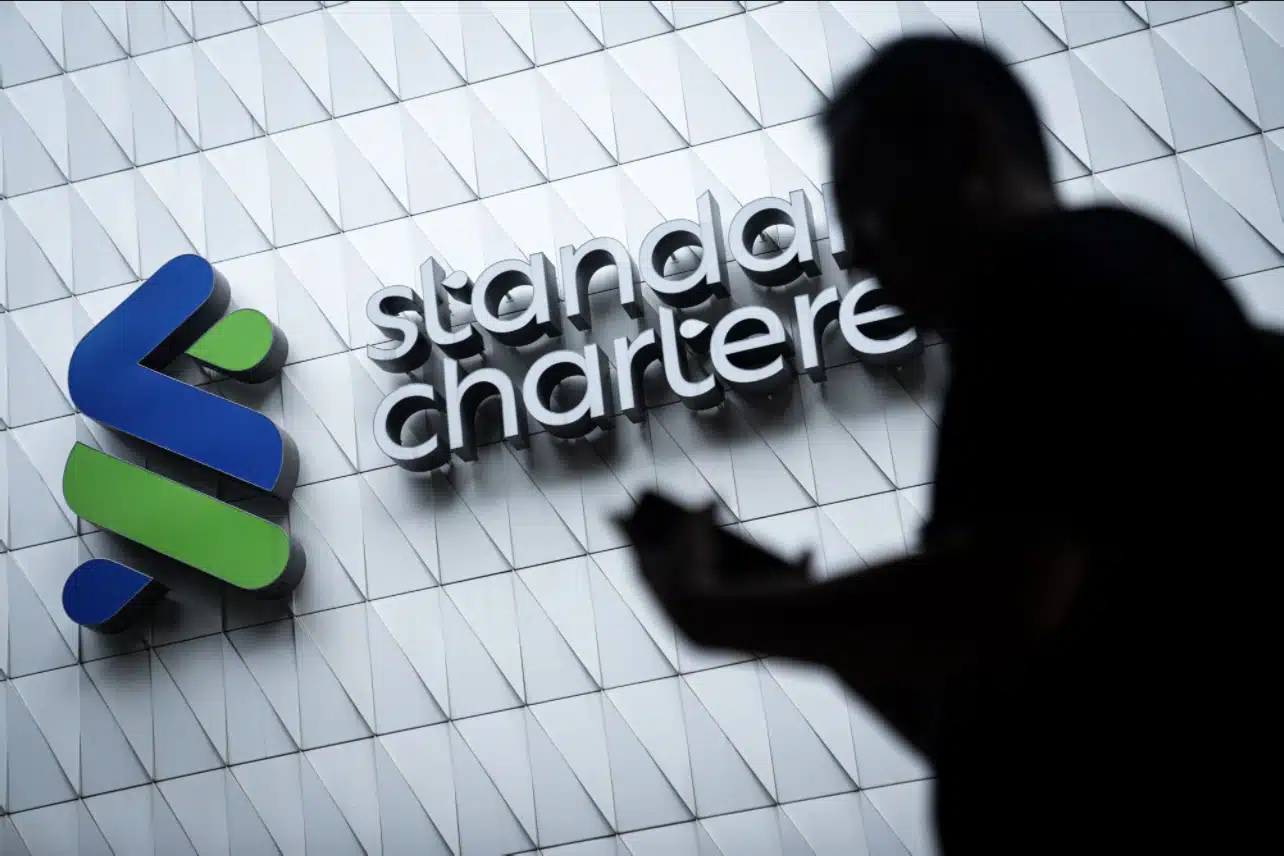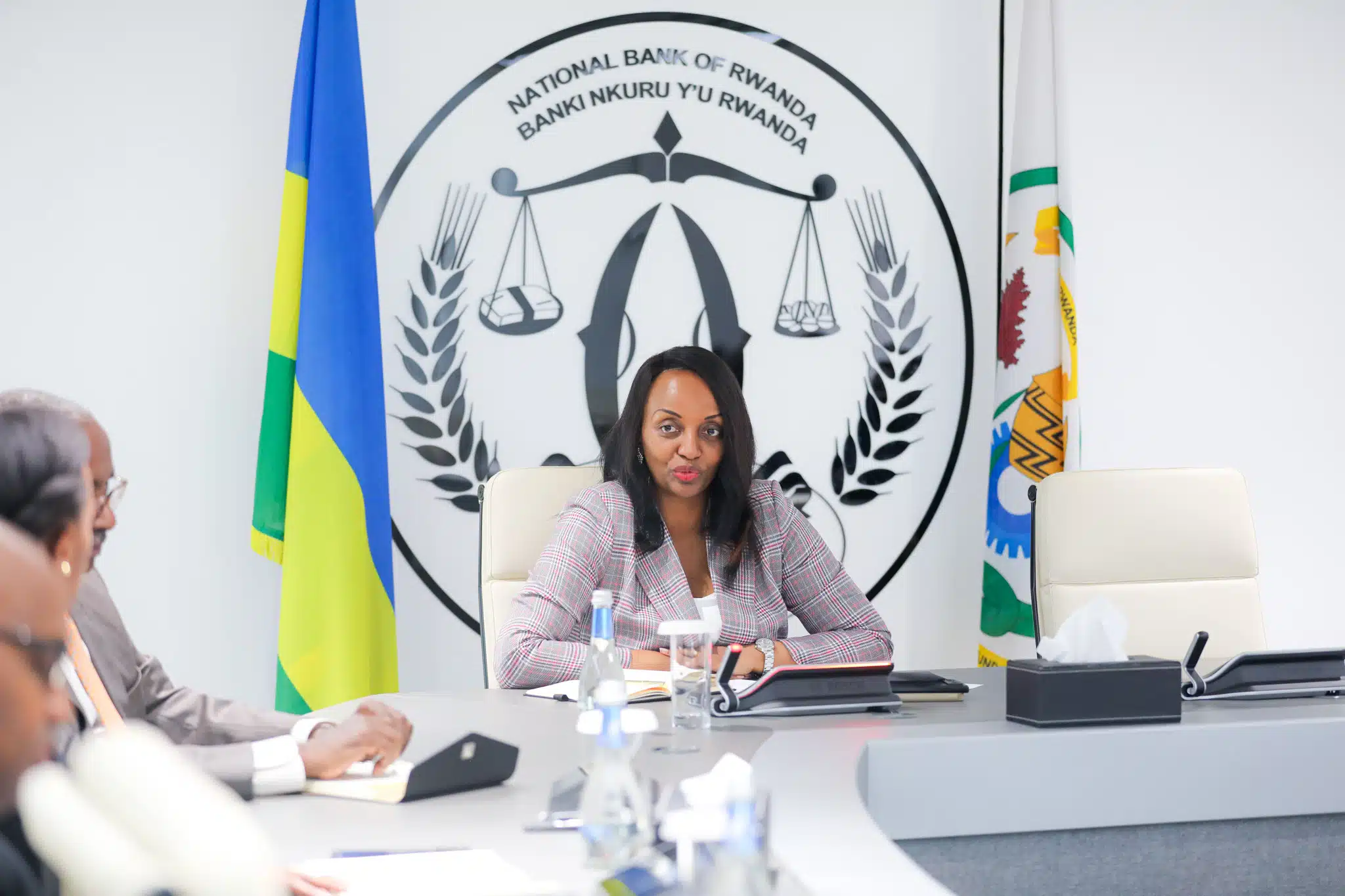Algeria will issue its first-ever sovereign sukuk worth 297 billion dinars ($2.3 billion) as the government moves to unlock fresh funding to plug a widening budget deficit and expand financing options beyond hydrocarbons.
According to a Finance Ministry document cited by Bloomberg on Monday, the Islamic bonds will carry a seven-year maturity and pay a fixed annual return of 6% to investors as rental income, in line with Sharia principles.
Subscriptions will open on November 2, 2025, and run for two months. However, participation will be restricted to Algerian citizens at home and abroad, excluding foreign investors from this inaugural deal.
The securities will be backed by state-owned real estate assets, providing an underlying guarantee.
Authorities hope the issuance will help capture part of the country’s vast informal savings, which they estimate at nearly 10 trillion dinars ($77.2 billion). By drawing these resources into the formal economy, the government aims to strengthen public finances while reducing dependence on oil and gas revenues, which continue to dominate state income.
Islamic finance push
The sukuk debut forms part of wider reforms to deepen Algeria’s capital markets and promote Islamic finance as an alternative funding channel. President Abdelmadjid Tebboune has repeatedly urged mobilising parallel-economy funds to support growth and social spending.
Neighbouring economies such as Morocco and Egypt have already tapped sovereign sukuk markets, while Gulf states and Malaysia account for most of the $800 billion outstanding globally. For Algiers, the test will be whether domestic demand is strong enough to justify repeat offerings and, eventually, international sales.
Mounting fiscal pressures
The launch comes at a time of growing budgetary stress.
Algeria’s fiscal deficit more than doubled in 2024 to $39 billion, or 13.9% of Gross Domestic Product (GDP), as lower oil receipts collided with higher spending, according to central bank data.
The International Monetary Fund (IMF) expects the shortfall to remain above 11% of GDP this year, warning that the depletion of the Revenue Regulation Fund in 2024 has left the government without a financial buffer.
While economic growth is projected at 3.4% in 2025, the IMF cautioned in a late August review that Algeria remains “vulnerable to its dependence on hydrocarbons.” It forecast public debt, estimated at 48.5% of GDP last year, could exceed 60% by 2026 unless fiscal reforms are enacted.
The Washington-based lender urged Algiers to consolidate its budget by about 5% of GDP through 2028, including cuts to costly energy subsidies and stronger non-oil tax mobilisation. Pending such measures, officials are banking on sukuk to ease pressure on local banks and diversify funding sources.
NB: The local currency figures were converted to its estimated US dollar equivalent using 129.6 DZD/$1 as of September 30, 2025.

